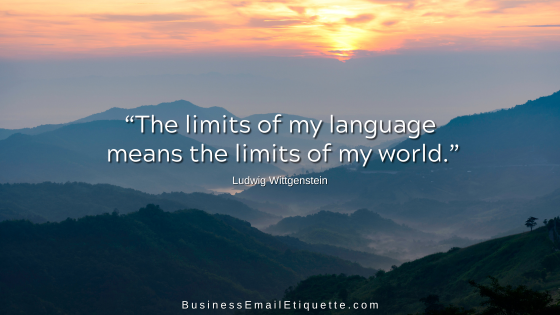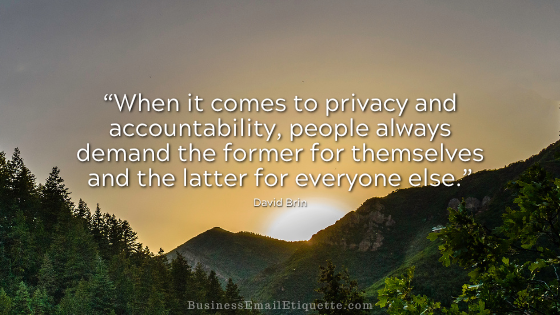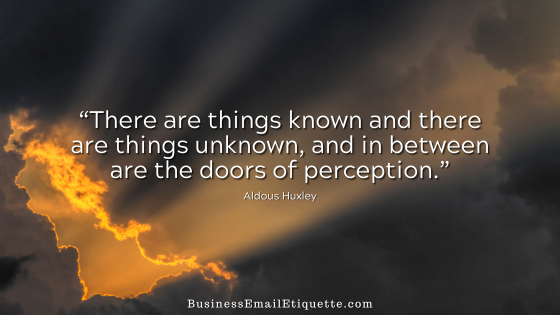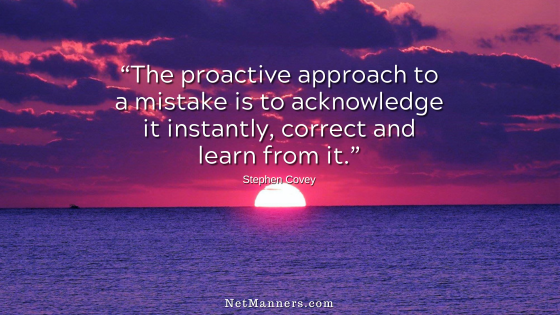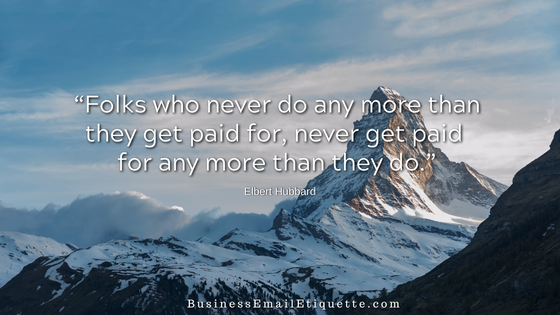Online Copyright Refresher
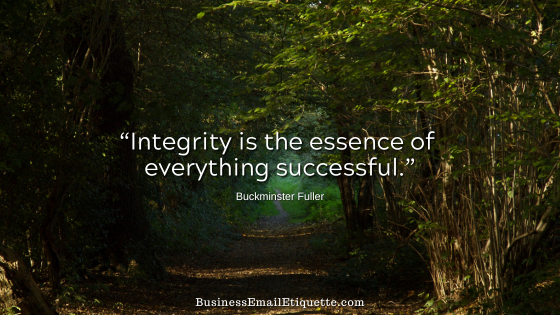
The practice of stealing text and images from emails and websites is common. I’ve received several emails asking about online copyright “rules,” so here’s the rundown. (Hint: Everything is not public domain.)
Copyright online is alive and well (and is being enforced).
Possunt quia posse videntur.
(Latin: They can because they think they can.)
One of the most misunderstood issues online concerns copyright, both for email and website content. For some reason, as with many things online, there is this incorrect perception that anything goes or that the entire online world is “public domain.”
Many are finding out the hard way that copyright is the law when protecting creative collateral. Copyright laws can and are being enforced online.
I am not an attorney, nor do I play one on TV. However, I can help you avoid potential problems by guiding clients for decades about the issues involved in using others’ work. Hopefully, this effort will help you avoid discovering the hard way that copyright is alive and well online.
Pay attention to these issues to prevent your website’s host from shutting down your website. When they receive a DMCA complaint (more on that later) from the original owner of the copyright-protected information you chose to use without permission, they have to take action.
Can I right-click, save anything online, and use it however I wish?
This is a perfect example of how just because you can doesn’t mean you do. Those graphics or files were created by someone else.
They legally attained the copyright upon the creation of that file. Therefore, without specific permission to use that file or graphic (or you purchased the right to use it), you have no right to take it and use it as you please.
There is no exception to this rule. Always ask a site owner before you illegally swipe anything off their site to display or use on yours.
If I note the author’s name, can I use their website or email content on my website?
Although you are being nice and giving credit where credit is due, you still need to ask the author’s permission to post or use their work on your site or in your email newsletter. The author may not want their information posted anywhere off their website.
Never post private email content online without the sender’s permission. The same rules apply to emails as well.
The author or creator may also disapprove of your site as a venue for their information. Again, that is their choice, not yours.
Just because you choose to give credit doesn’t imply permission. Always ask a site owner or email sender if you can use their content before you put it on your website.
Can I link to other website’s graphics so they can display on my website?
Okay, maybe you didn’t download the graphic and put it on your server, but if you display someone’s work by linking to their files to display on your website without their permission, the bottom line is still the same.
You are using their server’s resources to display their files on your site, and you don’t want to get caught doing this.
Can I display pages from other websites within frames on my website?
Framing is when you use code to display a page from another website within a page on your website. It was much more popular in the past, but it is still being implemented.
Most site owners prohibit their website pages from being framed within another site. This gives the impression that the site doing the framing created the information.
Often, folks innocently do this so they don’t want to send site visitors off their website for information they want to provide. Unfortunately, others do so precisely to give the impression that it is the content they created.
A better option is to link to the information you like and create a new window to open when creating your link code to ensure your website is still available to your site visitors.
Do I still need their permission to quote only a portion of another website’s content and link to it?
The Fair Use Law does allow you to use portions. But that does not negate the copyright holder’s inherent rights. They can still claim infringement.
While you can use short snippets, you must have permission to do so. Integrating only portions of the content risks giving the wrong impression about the author’s writings.
You do not want to risk misleading someone about someone else’s content. It would be wise and courteous to ask permission before quoting any written work in whole or in part.
If I pay someone to create graphics for my website, do I own the copyright to those graphics?
Not necessarily. Unless your agreement with the graphic artist explicitly states that upon your payment, all of their rights are transferred to you, you most likely only have an exclusive license to use those graphics.
This is because purchasing the full copyright is much more expensive than simple exclusivity. In addition, copyright can only be transferred in a written, legally binding agreement signed by the work’s creator.
That document must state that they are transferring their rights specifically to you. Saying you own it because you paid for it doesn’t make it a legal fact.
Is email still copyright-protected once it is sent?
Whether written or drawn, the moment anything is created, the creator owns the copyright – that’s the law. It’s automatic.
Email is a written work that, once created, is copyright-protected by the author. This means you should not post publicly an email sent to you privately. For example, you cannot post private emails to your website, message boards, or blog without the author’s permission.
Because an email was sent to you as a private communication, it does not mean you own it and can do what you like. (This is not only from a legal viewpoint, but what type of person does this?)
What do you do if you are a graphic or content thief victim?
You can ask nicely that they remove your information and graphics; however, if your requests are ignored and no action is taken, which is more common than not, you must file a formal DMCA complaint with their website’s hosting company.
In the footer of every reputable website host, you’ll find a link explaining how to submit a formal complaint.
How do you find out where a website is hosted?
Go to any domain registrar and look for the WHOIS link. Then, search for the domain; you will find all their contact information and listed Name Servers. The Name Servers will indicate where the site is hosted.
Next, visit the hosting provider’s website’s DMCA (Digital Millennium Copyright Act) page and policy statement. There, you will find instructions on how they handle complaints concerning copyright abuse.
Take the time to read that information and ensure you follow their policy to the “T.” Formal DMCA complaints must be submitted in a specific format containing explicit language.
The leading resource for all the legal jargon on online copyright and the DMCA is the Government’s site, https://www.copyright.gov.
In some cases, Name Servers are in the cloud, not on the actual hosting provider, such as Cloudflare. Some companies do this to hide where they are hosted. In that case, interrogate their cloud host’s website when contacting them about a DMCA issue. In most cases, cloud providers will help you as they don’t want to be known for shielding copyright or trademark infringers.
What’s the bottom line with online copyright?
Courtesy. Do not assume you can use, repost, or take anything you find online simply because you can. Be a courteous Netizen and always ask first.
Again, I am not an attorney and do not provide legal advice. However, I hope I’ve informed you of some of the issues that all online users, whether they are creating their own or using others’ creative or written works, need to seriously consider.


